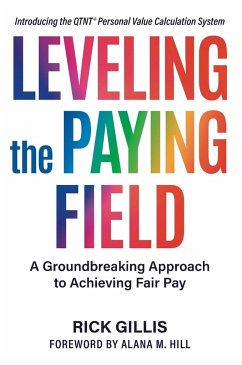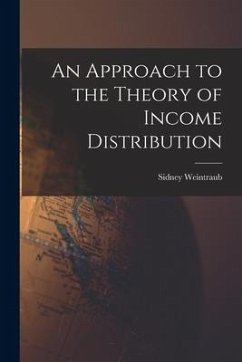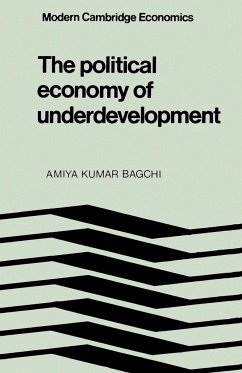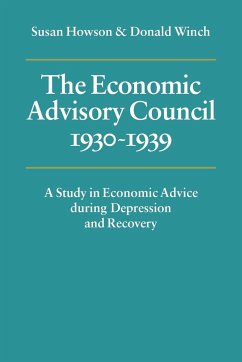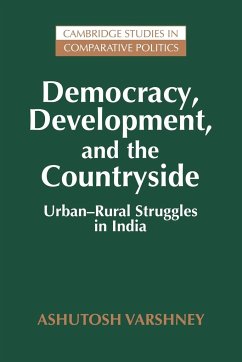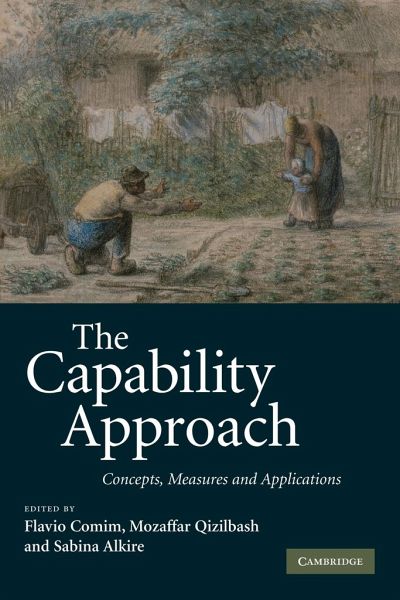
The Capability Approach
Concepts, Measures and Applications
Herausgeber: Comim, Flavio; Alkire, Sabina; Qizilbash, Mozaffar
Versandkostenfrei!
Versandfertig in 1-2 Wochen
61,99 €
inkl. MwSt.

PAYBACK Punkte
31 °P sammeln!
The capability approach developed by Nobel Laureate Amartya Sen has become an important new paradigm in thinking about development. However, despite its theoretical and philosophical attractiveness, it has been less easy to measure or to translate into policy. This volume addresses these issues in the context of poverty and justice. Part I offers a set of conceptual essays that debate the strength of the often misunderstood individual focus of the capability approach. Part II investigates the techniques by which we can measure and compare capabilities, and how we can integrate them into povert...
The capability approach developed by Nobel Laureate Amartya Sen has become an important new paradigm in thinking about development. However, despite its theoretical and philosophical attractiveness, it has been less easy to measure or to translate into policy. This volume addresses these issues in the context of poverty and justice. Part I offers a set of conceptual essays that debate the strength of the often misunderstood individual focus of the capability approach. Part II investigates the techniques by which we can measure and compare capabilities, and how we can integrate them into poverty comparisons and policy advice. Finally, Part III looks at how we can apply the capability approach to different regions and contexts. Written by a team of international scholars, The Capability Approach is a valuable resource for researchers and graduate students concerned with the debate over the value of the capability approach and its potential applications.





